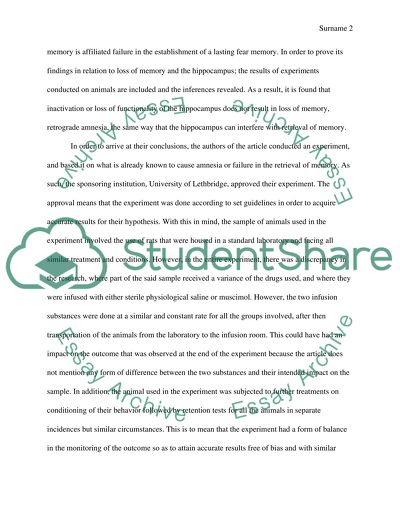Cite this document
(“Psychology Essay Example | Topics and Well Written Essays - 1250 words - 11”, n.d.)
Retrieved from https://studentshare.org/miscellaneous/1609764-psychology
Retrieved from https://studentshare.org/miscellaneous/1609764-psychology
(Psychology Essay Example | Topics and Well Written Essays - 1250 Words - 11)
https://studentshare.org/miscellaneous/1609764-psychology.
https://studentshare.org/miscellaneous/1609764-psychology.
“Psychology Essay Example | Topics and Well Written Essays - 1250 Words - 11”, n.d. https://studentshare.org/miscellaneous/1609764-psychology.


